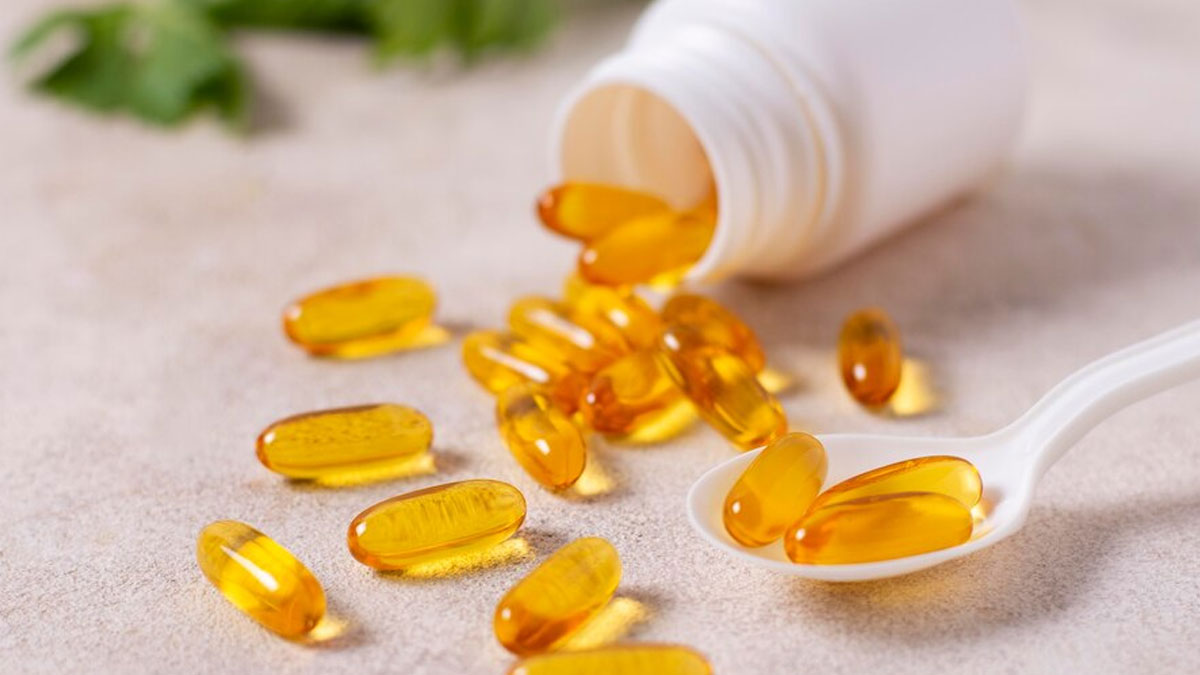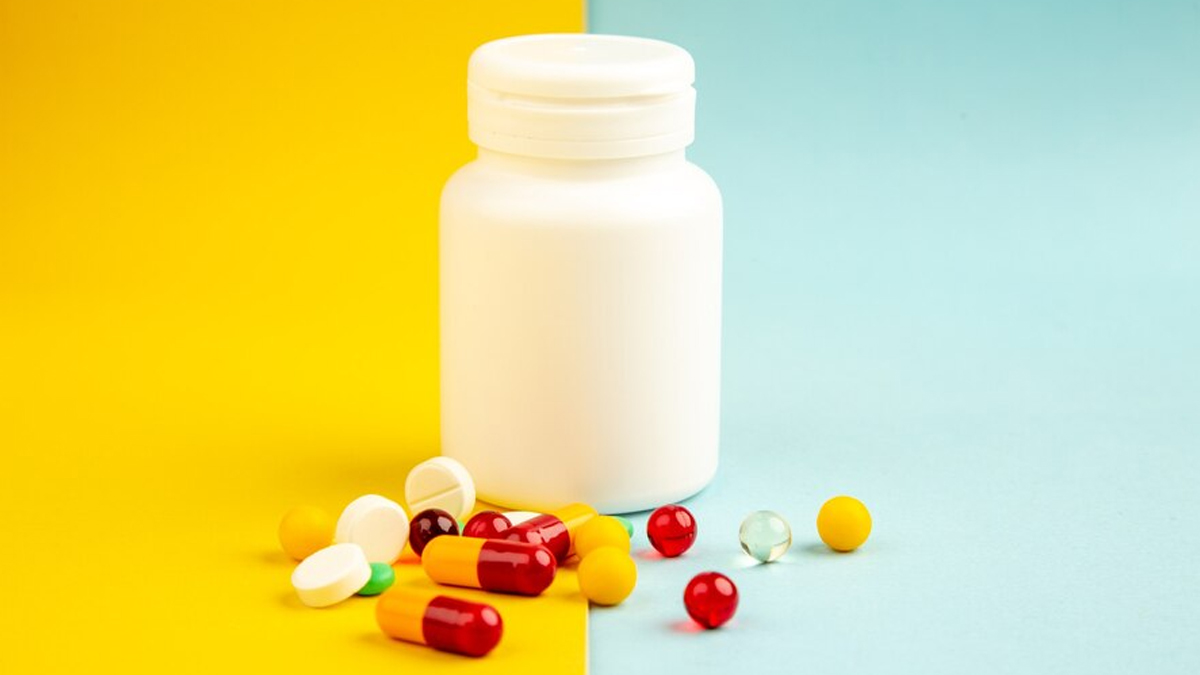
Managing high Blood Pressure (BP) and high blood sugar is a delicate balancing act that requires careful attention to diet, medication, and lifestyle choices. While supplements can offer various health benefits, certain ones can have adverse effects, especially for individuals dealing with chronic conditions, such as hypertension and diabetes. We spoke to our expert Dr Sri Karan Uddesh Tanugula, Consultant General Physician, Yashoda Hospitals, Hyderabad, who provided insights on which supplements to avoid and why they can be harmful.
Table of Content:-
Which Supplements Should You Avoid During High Blood Pressure And Blood Sugar?
Sodium-rich Supplements
These supplements include products like sodium bicarbonate, salt pills, and other supplements designed to boost sodium levels in the body. High sodium consumption is a known risk factor for developing high blood pressure.
“Sodium contributes to fluid retention in the body, which increases blood volume and, consequently, blood pressure. For individuals with high blood pressure, excess sodium can exacerbate their condition, making hypertension more difficult to manage. Moreover, high sodium levels can complicate diabetes management,” said Dr Tanugula.
Vitamin E
Vitamin E functions as an antioxidant that guards cells against damage and supports immune health. It is commonly found in supplements and fortified foods. While vitamin E is beneficial in moderate amounts, high doses can have detrimental effects.
Dr Tanugula added, “It can interfere with blood pressure regulation and increase the risk of bleeding, particularly for those taking anticoagulant medications, which are often prescribed to manage hypertension. It’s essential to avoid high doses of vitamin E supplements unless specifically advised by your healthcare provider.”
Also Read: Here Are 7 Vitamin E Rich Foods To Add To Your Diet, Read Vitamin E Health Benefits
Potassium

Potassium supplements are used to increase potassium levels in the body and are often included in multivitamins or prescribed for specific deficiencies. Dr Tanugula said, “Diabetic and hypertensive patients, especially those on ACE inhibitors or certain diuretics, should avoid potassium supplements unless prescribed by a doctor, as excess potassium can cause dangerous heart rhythms.”
According to Harvard Health Publishing, when it comes to potassium, foods are a better choice than supplements. Foods like spinach, sweet potatoes, cantaloupe, bananas, and avocados are all great sources. Eating a potassium-rich diet helps regulate blood pressure and may lower your stroke risk. Plus, these foods are generally lower in sodium and provide other health benefits.
Caffeine-containing Supplements
Caffeine-containing supplements include energy drinks, pre-workout formulas, and caffeine pills designed to boost energy and alertness. Caffeine is a stimulant that can increase blood pressure and interfere with glucose metabolism. “It can cause temporary spikes in blood pressure and disrupt glucose levels, which can be particularly problematic for individuals with both conditions,” added Dr Tanugula.
Consulting a Healthcare Professional
Before starting any new supplement, it is vital for people with chronic conditions like high blood pressure and diabetes to consult with a healthcare professional. Personalised medical advice can help manage conditions effectively and avoid potential complications from inappropriate supplements.
“Always seek professional guidance before adding any new supplements to your regimen. This ensures that any supplement you take will not interfere with your treatment plan or worsen your existing health conditions,” said Dr Tanugula.
Bottomline
Managing high blood pressure and blood sugar levels requires careful consideration of all aspects of health, including the use of supplements. Maintaining a balanced diet, regular exercise, and consulting healthcare professionals are key steps in managing high blood pressure and blood sugar effectively.
[Disclaimer: This article contains information provided by an expert and is for informational purposes only. Hence, we advise you to consult your own professional if you are dealing with any health issues to avoid complications.]
Also watch this video
How we keep this article up to date:
We work with experts and keep a close eye on the latest in health and wellness. Whenever there is a new research or helpful information, we update our articles with accurate and useful advice.
Current Version
